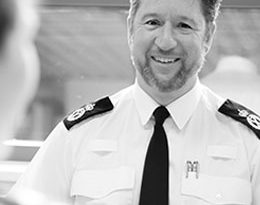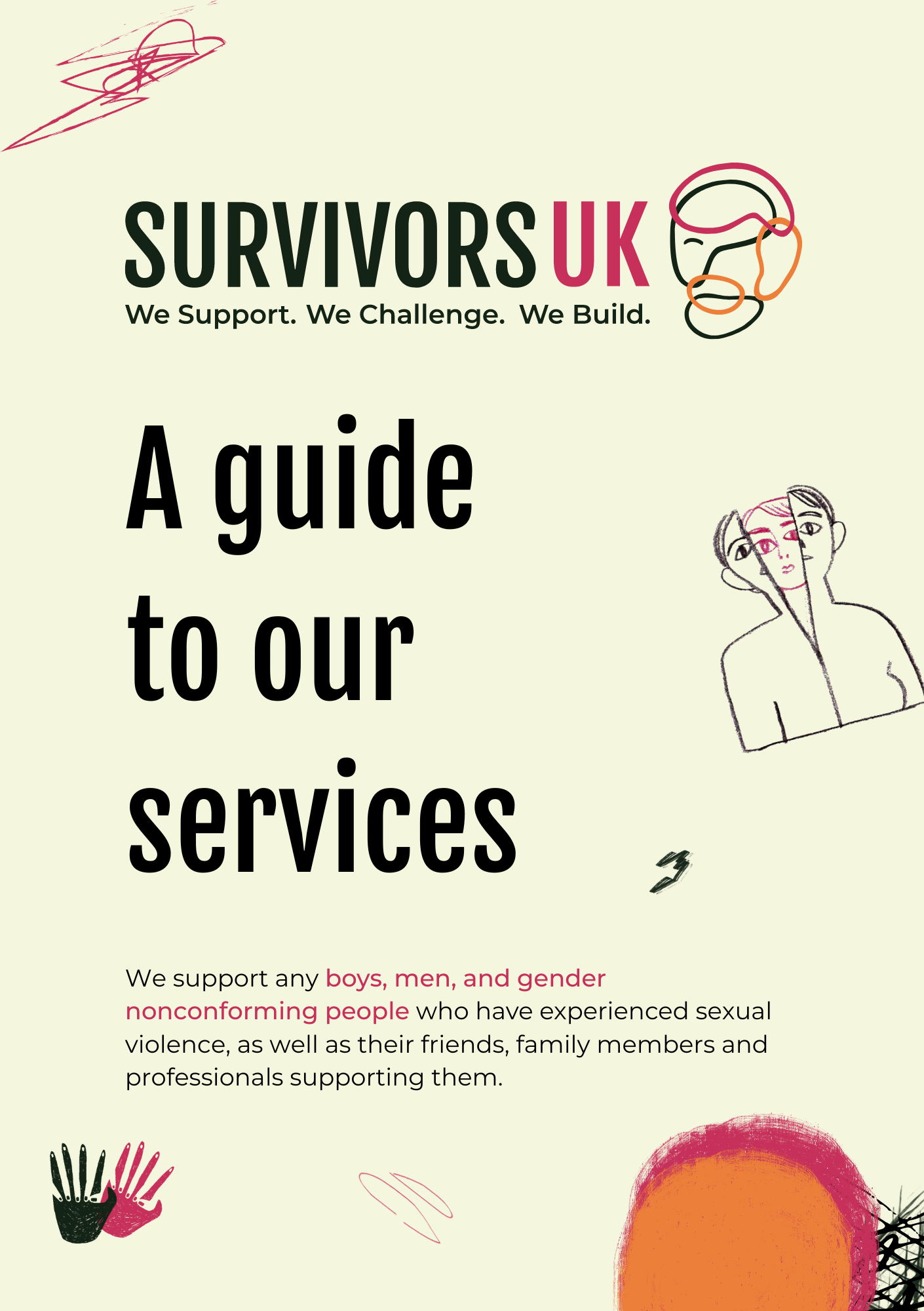
Operation Midland review by R. Henriques: Update from CC Simon Bailey
David Tucker, Crime Lead at the College of Policing said: “Great effort has gone into building public trust in police investigations and we know from research, and lessons from the past, that a key reason why people do not report abuse is a fear of not being believed. To start an investigation from a position of doubt is unlikely to encourage victims to come forward.
“Existing guidance says that when an allegation is received, police should believe this account and record it as a crime, unless there is credible evidence at the point the allegation is made that determines no crime has been committed. It is the credibility of the evidence, not solely the victim, which should be investigated.
“In respect of anonymity for suspects, in 2013 the College published guidance which was clear about the need to respect the rights of a suspect. It says the names or identifying details of those who are arrested or suspected of a crime should not be released save in circumstances such as a threat to life or where a crime may be detected or prevented. Any decision to release these details should be made at a chief officer level.
“As part of the police effort to build trust with those abused, the term ‘victim’ is used in line with statutory guidance, legislation and the Victims’ Charter which sets out the measures required to support victims, particularly those who are vulnerable.
“As the professional body for the police, we will now carefully review the findings of this report.”
Some of the evidence in relation to the belief of victims:
‘The vast majority of survivors choose not to report to the police. One significant reason for this is the fear of not being believed.’
Crime Survey for England and Wales
People who reported abuse to someone else, but not the police, were asked for their reasons.
One in five (21%) cited not being believed, while others said they didn’t think police could help (26%) and they didn’t think police would do anything about it (15%).
Office for National Statistics
National Society for the Prevention of Cruelty to Children (NSPCC)
NSPCC carried out a series of focus groups with victims in relation to Jimmy Savile. The aim of this was to identify common themes that prevented those victims from reporting to police at the time of the abuse, and to explore how police can improve their management of the reporting process and subsequent interviews and contacts.
Across all groups, a key reason given for not disclosing abuse was an overwhelming belief that if the abuse had been reported, victims would not have been believed.
Those who did not report cited feelings of shame, guilt and a fear of not being believed as the reasons for not telling anyone, as well as feeling intimidated by Jimmy Savile’s profile.
The importance of ‘being believed’, and of not being believed, was clear in each group, and played a central role in most participants’ decisions not to report the abuse at the time that it occurred.
Report – Would they actually have believed me?
‘The barriers to reporting a rape and reasons to withdraw are numerous. One frequently cited reason is a lack of trust in the police and criminal justice system, a fear of not being believed and taken seriously, and feeling ‘raped all over again’ by the way the police question both the victim and their account. The tentative trust required to report the rape is quickly lost when police officers communicate disbelief and disrespect or when the victim loses faith in the police to effectively investigate the case, leading victims to withdraw from the process or retract the allegation altogether…’
Hohl, K. & Stanko, E. (2015)
US National Violence Against Women Survey (NVAWS)
It found police-related factors were mentioned by around a quarter of victims in relation to not reporting a sexual assault: ‘police could not do anything’ (12.6%), and ‘police would not believe me or would blame me’ (11.9%).
Rape: Challenging Contemporary Thinking
Qualitative research with victims of rape, across multiple jurisdictions including the UK, US and Australia/New Zealand, suggests consistently that fear of not being believed is a barrier to reporting.
Brown and Horvath (2013) in Horvath and Brown eds Rape: Challenging Contemporary Thinking
“The review of Operation Midland published today was commissioned by the Metropolitan Police, and looked at a small number of investigations undertaken by that force. It is right and proper that the Metropolitan Police provide an account in respect of the recommendations pertaining to the progress of their investigations.
“However, there are also recommendations that have potential to impact on the police service nationally and upon other agencies and organisations across the criminal justice system. Some of these recommendations call for a fundamentally different approach and may reach beyond the investigation of non-recent child sexual abuse with implications for the recording and investigation of all crimes reported to the police.
“For this reason, I will be working with the College of Policing to review the recommendations in consultation with the Home Office and the many other groups involved in and impacted by our approach to investigating sexual offences.”
Tackling child sexual exploitation is a priority for the Force and it is the responsibility of everyone to help spot the signs and say something.
For more information visit www.southyorkshire.police.uk/spotthesigns






